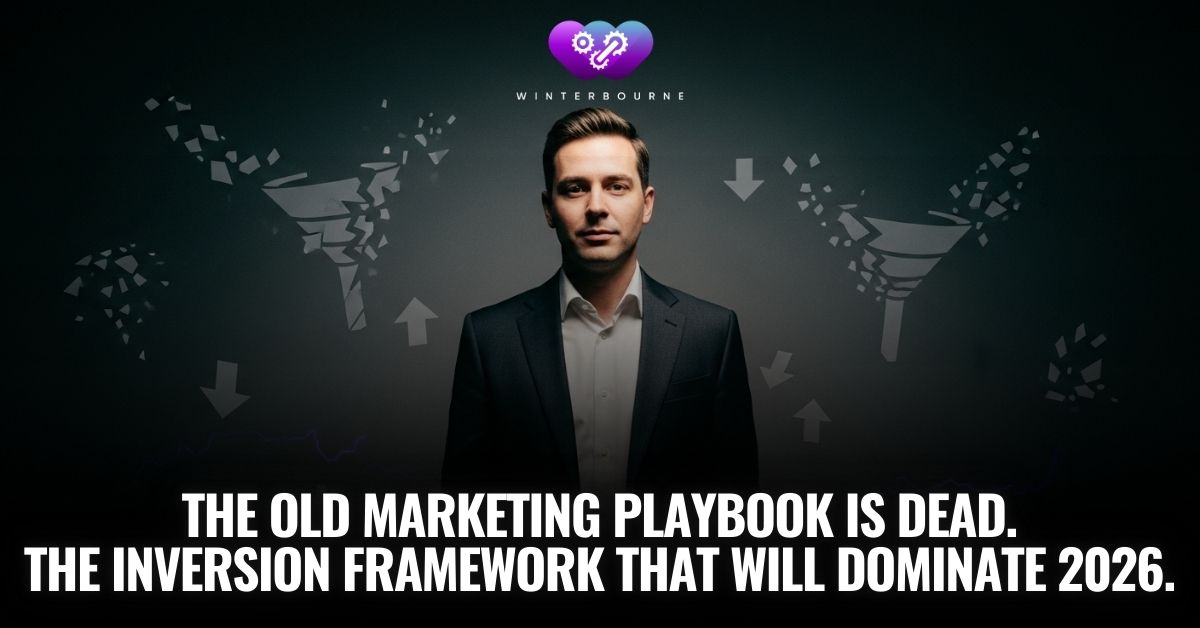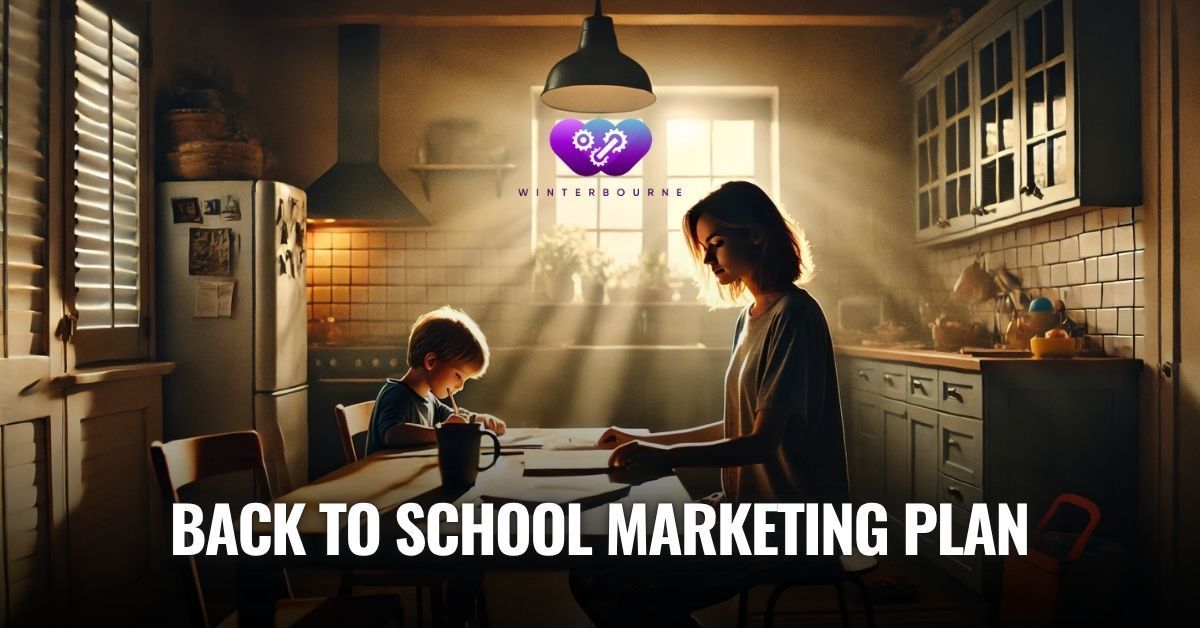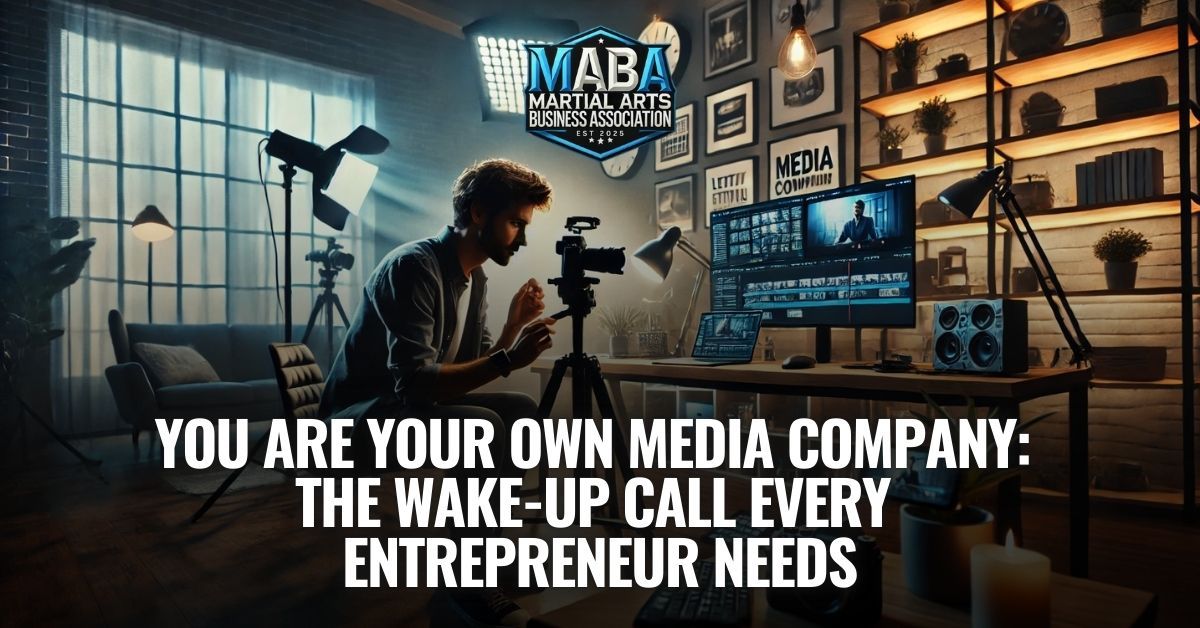Brotherhood, Leadership, and the Power of Accountability: How Justin Abbey Shapes Champions
Welcome to another episode of the Brotherhood podcast, where we bring together some of the most inspiring and resilient individuals to share their stories of leadership, grit, and the power of brotherhood. Today, we have the privilege of sitting down with one of my oldest and dearest friends, Justin Abbey. Justin and I go way back—over 30 years. We’ve been through so much together, and he’s more than just a friend to me—he’s a brother.
You see, at Brotherhood, we hold each other accountable in all aspects of life—mindset, nutrition, workouts, and even business. That's what this group is all about, and I couldn’t think of a better example of someone who lives that truth than Justin Abbey.
From the moment I met him, I knew he was a leader, whether it was in sports or in life. I mean, this guy scored the winning goal in the state championship during our senior year, with time expiring! Justin isn’t just a soccer star; he’s a warrior, a leader, and the epitome of resilience. Today, we’re diving into his journey and getting insights from his leadership that apply to sports, business, and life.
From Player to Coach: Justin Abbey’s Journey in Building Leaders on and off the Field
Thank you, Nick. It's great to be here, man. Reflecting on our early days brings back memories, not just of soccer, but of everything we went through growing up. I guess it wasn’t just the sports, but the bond we built through our families, our struggles, and the environment we grew up in. We both came from homes where discipline was tough, but it was also necessary. I wouldn’t be where I am today without those experiences.
I mean, growing up in my household wasn’t always easy. There were tough times—dealing with some anger, family issues, addiction—things that weighed heavily on me as a kid. But I always found an outlet in sports. It was a way to channel that anger and frustration. You know, they say sports build character, but sometimes it’s about how much character you already have that gets tested. The leadership I developed on the field, it wasn’t just about playing; it was about standing up for my teammates, for my friends, and for what I believed in. And that’s something I carry with me to this day.
When I think about leadership, it’s not about being in charge—it’s about how you show up when no one is watching. It’s about the example you set, day in and day out. And that’s something I learned early on.
The Core of Leadership: How Family and Faith Shape Justin Abbey’s Coaching Philosophy
Today, I coach the soccer team at St. Augustine Prep, a place that shaped who I am as a young man. I’m also the head of RUSA, 1 of the largest soccer academies in New Jersey. I’m proud to say both my son and daughter have full-ride scholarships to top universities because of soccer—Rutgers for my son, William and Mary for my daughter. But that’s not by accident. It’s years of discipline, commitment, and pushing through even when it gets hard.
As a coach, I don’t just teach skills; I teach life lessons. It’s not enough to be good at what you do—you’ve got to be committed to being better every single day. I tell my kids all the time, you have to own your development. No one else can do it for you. Your parents, coaches, and friends can support you, but at the end of the day, it’s up to you.
For example, my son Ian surpassed me in skill by the time he was 10. But that’s not because I handed it to him. I gave him the tools, the discipline, and the mindset, but he took ownership. He pushed himself beyond what I could have imagined. That’s what I try to instill in every kid I coach. It’s about having that growth mindset—always being willing to learn more, do more, and be more. If you get stagnant, you lose.
Creating a Winning Culture: How Safe Spaces and Growth Mindsets Fuel Success in Sports
One of the key principles I live by, whether it’s in my family, in my academy, or with my high school teams, is creating a safe space for growth. That’s crucial. Whether you’re a little goofy or super serious, you have to feel comfortable being yourself. That’s when real growth happens—when kids know they’re protected, supported, and challenged.
This is something my wife and I talk about all the time. She’s a nurse manager, leading a team of over 100 people, and we both agree—if you want people to thrive, they need to feel safe. And that’s true for adults, too. Whether it’s in business or sports, leadership isn’t about being the toughest or loudest—it’s about creating an environment where people can grow into their best selves.
Breaking the Cycle: Justin Abbey’s Commitment to Positive Fatherhood and Leadership
One thing Nick and I have always bonded over is our fathers and the tough upbringings we had. Both of us were raised in homes where discipline wasn’t always balanced with love. My dad, for instance, was incredibly tough on me. I grew up with physical abuse and addiction in the household. There were days I had to tiptoe around the house, hoping I wouldn’t wake him up and face his wrath. But I’m grateful for the lessons those tough days taught me.
At the same time, I made a commitment that I wouldn’t be that kind of father to my own kids. I’m what you might call a bloodline breaker. I’m breaking the cycle of abuse and addiction in my family. With my kids, I focus on love, discipline, and respect, but I never feel the need to put my hands on them. Instead, I show them the kind of strength that comes from within—discipline that’s balanced with love. And that’s how you build real respect.
Faith in Coaching: How Justin Abbey Uses Faith to Strengthen Teams and Inspire Success
Another core element of my life is my faith. At St. Augustine, we start every game with a prayer. We ask God for strength, for protection, and for courage. In today’s world, it’s not always popular to be open about your faith, especially in secular environments like public universities or work settings. I coached at Rowan University for 9 years, and the environment there was drastically different. You couldn’t talk about God, and everything had to be neutral. But at St. Augustine, we can be unapologetically faithful, and I think that gives us a huge advantage.
Leadership isn’t just about tactics and strategy. It’s about having a foundation, something bigger than yourself to rely on. For me, that’s my faith. I teach my players that it’s okay to ask for help, to ask for guidance, and to believe in something greater than themselves.
Overcoming Distractions: How Justin Abbey Keeps Young Athletes Focused and Motivated
In today’s world, kids are so easily distracted. Between social media, video games, and constant entertainment, it’s hard to keep them focused. When I was growing up, we didn’t have those distractions. We played outside, we trained on our own, and we lived for the game. Nowadays, everything has to be structured for them. If you don’t schedule a practice or a game, they’re not likely to go out and train on their own.
That’s why creating a flow state in practice is so important. You have to keep them engaged, keep the intensity up, and make it fun. If they’re checked out, it’s because you’re not challenging them enough. As a coach, my job is to keep them in that sweet spot where they’re growing but also having fun.
The Brotherhood Mindset: How Justin Abbey Defines Leadership through Faith and Accountability
At the end of the day, whether I’m coaching my kids, leading a team, or running my academy, the most important thing is creating an environment where people feel safe to grow, to push themselves, and to become better. That’s what leadership is all about. It’s not about barking orders—it’s about being there, being present, and setting an example.
Nick, you’ve been that example for me, and I hope I’ve been that for you too. We’ve fought, we’ve struggled, but we’ve always come out stronger because of it. That’s the power of brotherhood.
And to anyone listening, whether you’re a coach, a parent, or someone just trying to figure it all out—remember, leadership isn’t about being perfect. It’s about being real, being present, and always striving to be better.
Questions & Answers With Justin Abbey
Tell us a little bit about your son, Ian. You said by the time he was 10, you gave him all your skills, and then he just surpassed you. Tell us a little bit about that.
Yeah, so, Ian was something special from the start. I mean, I played soccer my whole life, lived in Europe as a youth player, and spent my career honing my skills. When Ian came along, something just clicked. I started teaching him everything I knew—footwork, ball manipulation, technical skills—and by the time he was 9 or 10, he’d already learned everything I had to offer. From there, he just took it to the next level, surpassing me in ways I never thought possible. He joined the Philadelphia Union Academy when he was 12 and hasn’t looked back since. It’s been incredible watching him grow.
2. What did you do when Ian surpassed you? How did you handle that?
You know, it wasn’t about ego or anything like that. I was just proud. The goal was always to make him better than I ever was. And when that happened, I shifted into more of a supportive role. I wanted to make sure he had the right mindset, the right habits, and the tools to take himself further. It wasn’t about me anymore; it was about seeing him grow and thrive.
3. You mentioned about the struggles with your dad—was it similar for you with your kids? How do you raise them differently?
Yeah, man, growing up was tough. My dad had his own struggles, and there were a lot of days where I had to tiptoe around the house, hoping I wouldn’t trigger anything. But I made a promise to myself that I wouldn’t carry that forward to my kids. I don’t put my hands on them, and I’ve never felt the need to. I lead with love and discipline in a way that commands respect without fear. It’s about creating a safe space where they know they’re loved but also know they need to stay accountable.
4. What do you say to your team about praying before games? What’s the ritual like?
Before every game, we lock arms as a team and recite the school prayer. We ask for strength, protection, and courage. One of our most amped-up players yells “St. Augustine!” and the whole team responds, “Pray for us!” It’s a powerful moment. We’re not just asking for success on the field—we’re asking for guidance and protection, to go out there and play with heart and integrity. It’s part of what sets us apart and connects us to something bigger than the game.
5 What if a player from your team says they don’t believe in God? How do you handle that?
You know, I’m fortunate because the culture at St. Augustine is very faith-based. The kids go to Mass every Wednesday, and the school fosters that environment. But if a player were to come to me and say they don’t believe, we’d have a conversation about respect. I don’t force faith on anyone, but I expect respect for the values we uphold as a team. It’s about being a part of something bigger, even if you don’t fully believe in the same way.
6. What are your top 3 coaching tips for martial arts school owners who are coaching students of all ages?
- Create a Safe Space – Your students need to feel like they belong, no matter their personality or quirks. When they feel safe, they’ll grow.
- Make it Fun – If it’s not fun, they’ll check out. Keep them engaged and motivated by balancing challenge and enjoyment.
- Find the Flow State – Keep your classes moving. No long downtimes or lines—keep them in a flow where time flies because they’re so engaged.
7. What are the biggest challenges you face as a coach?
For me, 1 of the biggest challenges is when parents struggle with allowing their kids to face difficulty or failure. They want to step in and remove the struggle for their kids, but it’s essential for growth. I deal with parents who can’t let their kids "fail" even in a safe environment like a practice. It's part of my job to help them see that struggle leads to growth.
8. Do you ever have a situation where a parent pulls a child out for another sport? How do you handle that?
It happens a lot, especially with soccer. I don’t push back too hard if they’re really committed to another sport, but I make it clear that we value commitment. I let them know that if they show up once a week when other kids are there 3 times, their playing time will reflect that. It’s about setting expectations without closing the door on them.
9. What do you do when a parent says, “I’m not going to force my kid to do anything”?
Man, that’s a tough one because it’s like, do you let them decide if they go to school or not? It’s your responsibility as a parent to guide your kids. They don’t always know what’s best for them. I remind parents that their role is to set their kids up for success, and part of that is encouraging them to stick with something when it gets tough.
10 How do you deal with late arrivals in class or practice?
It’s frustrating, no doubt. I usually have a 1-on-1 with the parents and explain how it disrupts the flow for everyone else. If it continues, I might start clapping for the kid when they come in late to make it a little uncomfortable. But I always try to address it directly and figure out if it’s a logistical issue or just poor time management.
11. What are your top 3 ways to deal with an athlete who has a terrible game and is feeling down?
- Give Them Love Right Away – Put your arm around them, tell them they’re great, and let them know it’s okay to have a bad day.
- Self-Talk – I talk a lot about self-talk. I teach my players that if they’re hearing negative voices in their heads, they’ve got to combat that with positive self-talk—“I can, I can, I can”—until it drowns out the doubt.
- Visualization – Encourage them to visualize their next success. Instead of getting stuck in what went wrong, help them picture how they’ll get it right next time.
12. Do you think St. Augustine has a shot at winning states this year?
Winning states would be tough. We’ve got St. Benedict’s at the top, and they’re a powerhouse. We’re currently 5th in the state, and I think we can definitely make a deep run. The goal is to get to the state finals and take it from there. We’re undefeated in our conference right now, so anything’s possible.




